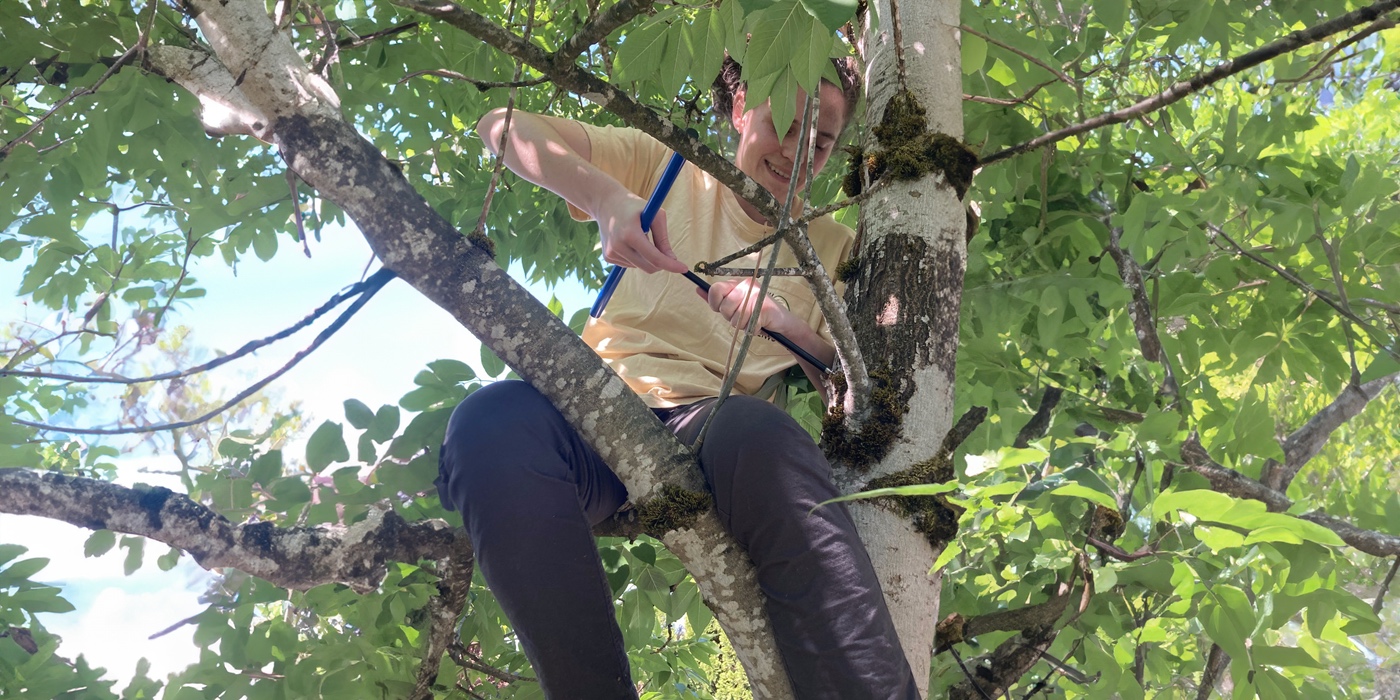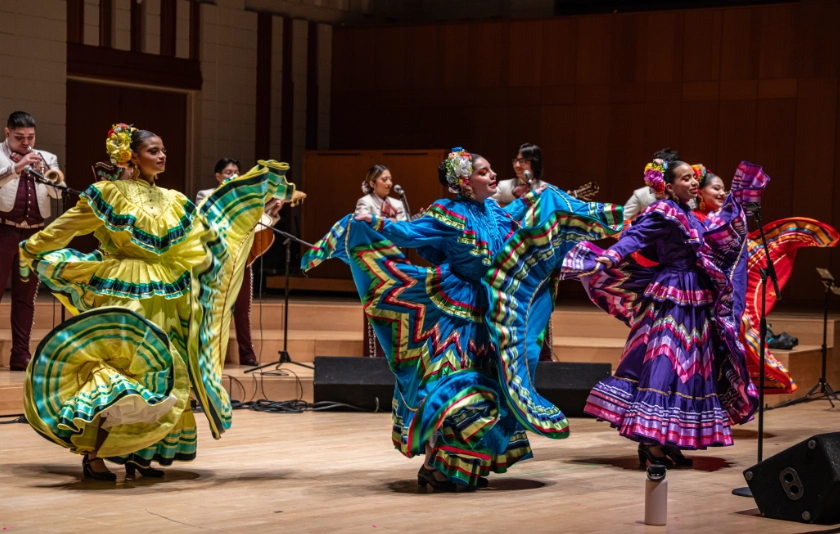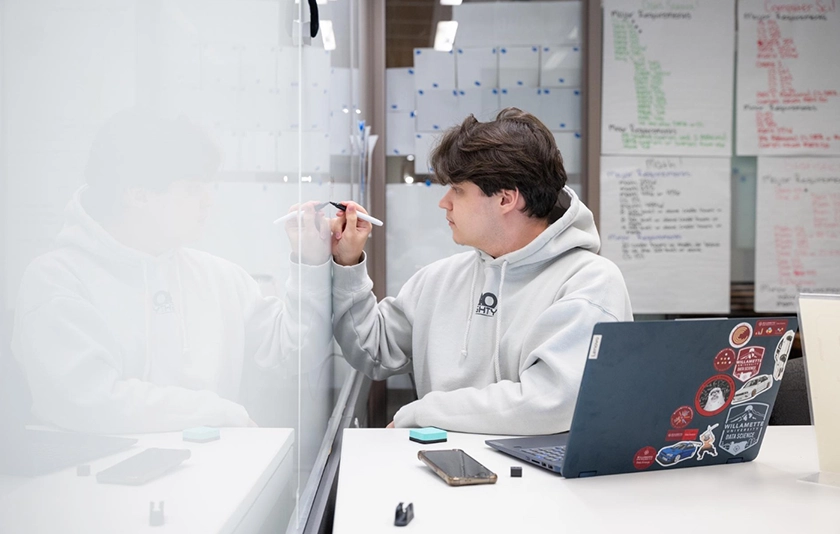As the first graduate of Willamette University and Oregon State University’s joint 3-2 Forestry program, Katie Hill BA’23 is blazing a path for future Environmental Science students to follow.
Hill is a passionate voice for the environment, but when she came to Willamette, she initially had no intentions of pursuing a graduate program. It was a suggestion from one of her Environmental Science professors that steered her in that direction. “When I heard about the 3-2 program from Professor Joe Bowersox, it sounded like such a good opportunity that I knew I had to at least attend an info session,” she shared.
The 3-2 program allows Willamette students to save time by leaving with two degrees: an undergraduate degree in Environmental Science, plus a Masters Degree in Forestry from OSU — all in five years.
“I have a huge passion for the outdoors, and I think adding forestry to my original environmental science degree is a really great outcome,” she said.
Hill is now investigating questions that climate scientists grapple with as they attempt to rehabilitate affected forests.
Some of Hill’s work involves looking at what kind of fungi tend to return to forests after wildfires. “Usually fungi don’t like extreme heat or cold,” she shared, so climate change induced fires pose an obvious threat to the fungi systems that keep forests afloat. Another area of focus for Hill is considering how fungi functions as a carbon sink. “Fungi are important to conserve in our forests and our fields — basically everywhere, as much as possible,” Hill said. In addition to cleaning our air by absorbing carbon dioxide emissions, fungi transport vital nutrients between plants and trees underground. In the process, they strengthen the health of our ecosystems, especially in dense areas like forests with lots of competition for resources.
A research class in her junior year with Professor David Craig at Willamette University at Zena shaped Hill’s interest in fungi. “I had such a great time mapping out the fungi in Zena, practicing identification, that I knew I wanted to incorporate that into my research,” she said.
Zena is one of the “only at Willamette” experiences the university offers. The 305 acres of land is protected and stewarded by Willamette. Hill says that spending time in Zena is her number one suggestion for future students. “I think as many students as possible should visit Zena at least once,” she said. “It's a great way to get away from the city, and is a must if you live on campus your first or second year. Lots of professors are willing to add a class visit into their schedules.”
A big question now for Hill is whether to take her formidable research skills into a PhD program, or to go directly into the field following her graduation from OSU next summer. Right now, all she knows for sure is that continuing to spend time in nature, in any capacity, is essential. “Getting out into the outdoors is a healing experience for me,” she said. “My experiences [as an undergrad] helped me turn my appreciation for fungi and nature into something useful, and for that I’m grateful.”



